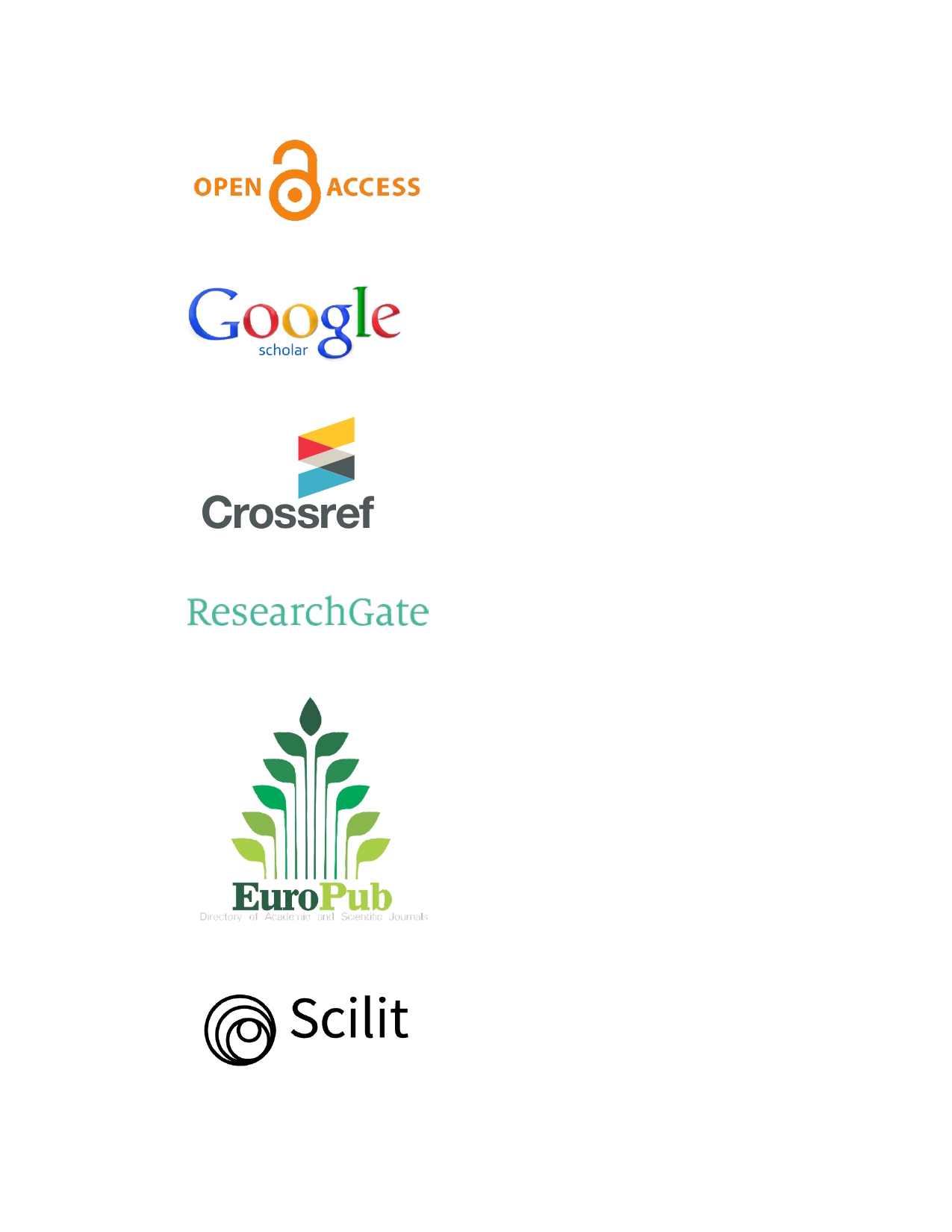The Possible Future Implementation of the International Financial Reporting Standards (IFRS) in Libya
DOI:
https://doi.org/10.63002/assm.26.492Keywords:
accounting education, accounting in Libya, IFRS adoption, IFRS harmonization, IFRS implementation, International Financial Reporting Standards (IFRS), LibyaAbstract
The research aims to examine the feasibility of implementing International Financial Reporting Standards (IFRS) in Libya. Based on 306 survey responses and 11 interview transcripts from 2015 and 2018, most respondents had sufficient awareness and knowledge of IFRS and believed its implementation would positively impact financial reports. The top two factors affecting implementation are government instability and corruption, followed by language barriers, low education levels, and political factors. However, most respondents did not feel that adoption of IFRS was urgent. Women were more optimistic than men about government regulations and training courses assisting with IFRS implementation. Respondents were more concerned about the negative effects of political instability on IFRS implementation in 2018 than in 2015. The study found that IFRS standards that do not conform to Islamic requirements could be excluded. The research recommends stakeholders encourage and support training programs for accounting specialists and integrate IFRS into Libyan education programs.
Downloads
Published
How to Cite
Issue
Section
License
Copyright (c) 2024 Mohamed Abdurahman, Kieran Edmond James, Sheikh Ali Tanzil

This work is licensed under a Creative Commons Attribution 4.0 International License.






